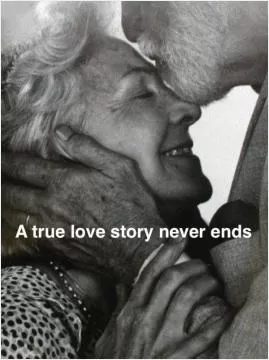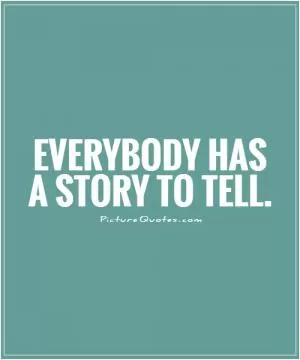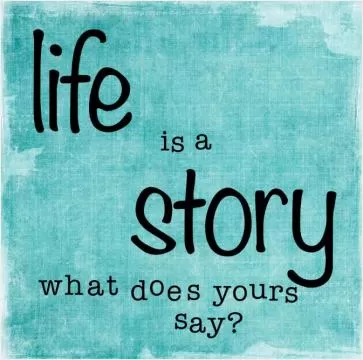You know my name. Not my story


You know my name. Not my story
Names are powerful. They are the first thing we learn about a person, the label we use to identify them. But a name is just that - a label. It does not define who a person truly is, their experiences, their struggles, their triumphs. The phrase “You know my name. Not my story” serves as a reminder that there is so much more to a person than just their name.In the context of name words, this phrase highlights the limitations of language in truly capturing the essence of a person. A name is a word, a collection of letters strung together to form a sound that we use to refer to someone. But it is not the person themselves. It does not convey their personality, their beliefs, their passions. It is merely a symbol, a signifier.
When we meet someone for the first time, we often make assumptions based on their name. We may associate certain characteristics or stereotypes with that name, without truly knowing the person behind it. This can lead to misunderstandings and missed opportunities for connection. By recognizing that a name is not a person’s entire story, we can approach others with an open mind and a willingness to learn more about who they truly are.
In the world of literature, names hold a special significance. Authors carefully choose names for their characters, knowing that a name can shape how readers perceive them. But even the most well-chosen name cannot fully capture the complexity of a character. Just as in real life, a character’s name is just the beginning of their story. It is up to the author to flesh out their personality, motivations, and struggles, to create a fully realized character that resonates with readers.












 Friendship Quotes
Friendship Quotes Love Quotes
Love Quotes Life Quotes
Life Quotes Funny Quotes
Funny Quotes Motivational Quotes
Motivational Quotes Inspirational Quotes
Inspirational Quotes